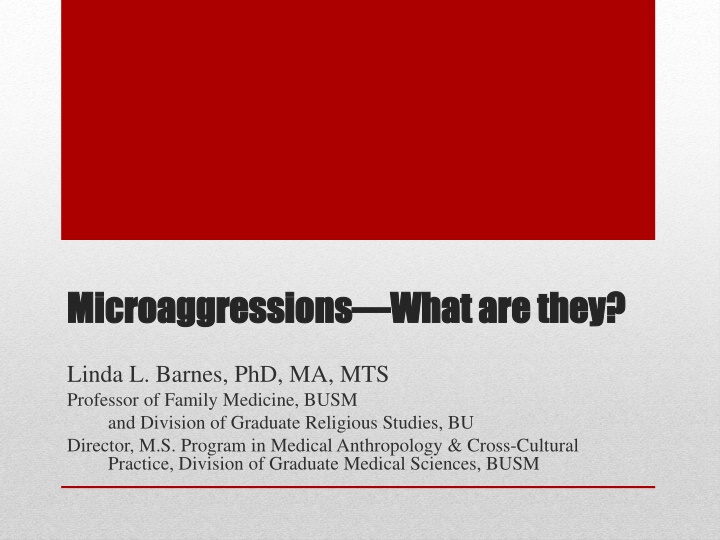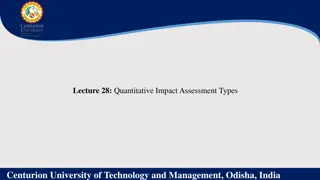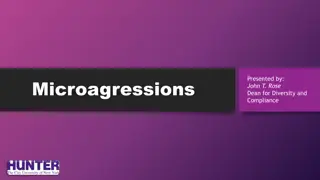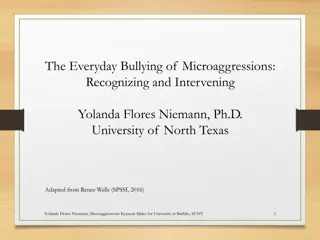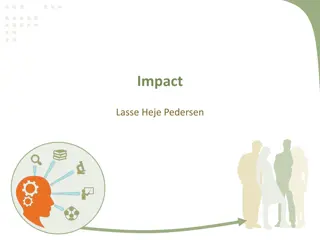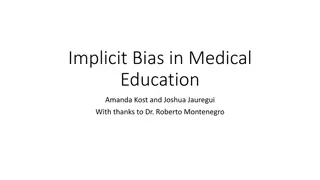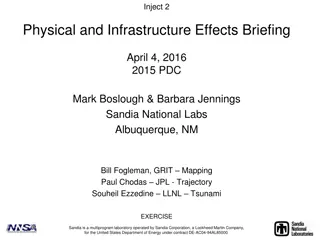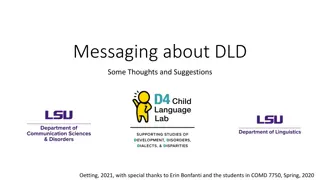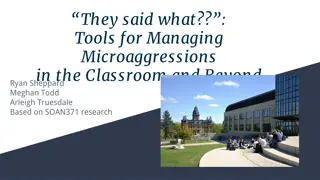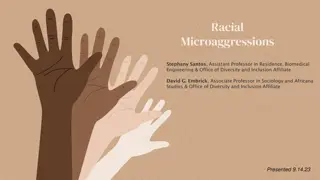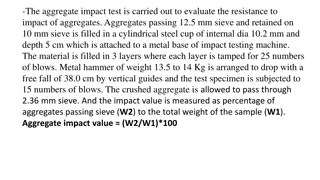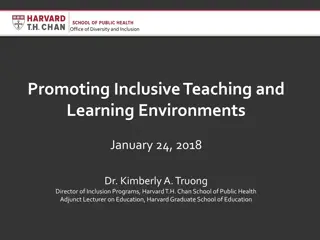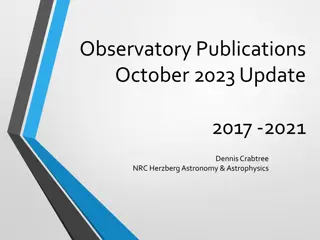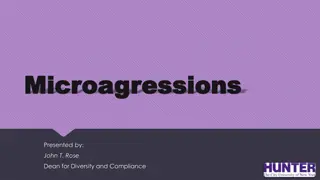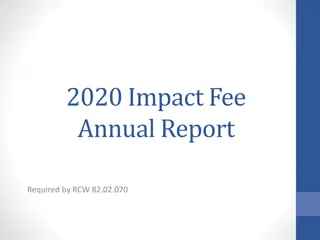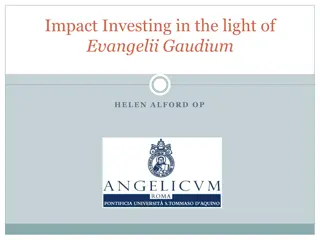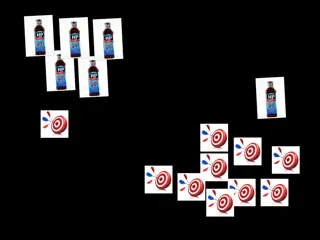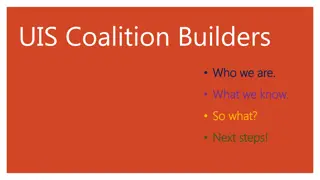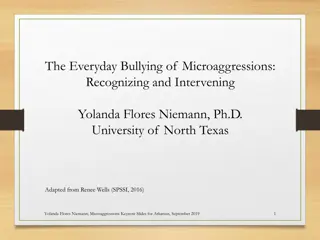Microaggressions and Their Impact
Microaggressions are subtle instances of discrimination that can have profound effects on individuals from minority groups. They often go unnoticed or dismissed, but can cause harm to one's spirit and mental well-being. Recognizing and addressing microaggressions is crucial for creating a more inclusive and respectful society.
Download Presentation

Please find below an Image/Link to download the presentation.
The content on the website is provided AS IS for your information and personal use only. It may not be sold, licensed, or shared on other websites without obtaining consent from the author.If you encounter any issues during the download, it is possible that the publisher has removed the file from their server.
You are allowed to download the files provided on this website for personal or commercial use, subject to the condition that they are used lawfully. All files are the property of their respective owners.
The content on the website is provided AS IS for your information and personal use only. It may not be sold, licensed, or shared on other websites without obtaining consent from the author.
E N D
Presentation Transcript
Microaggressions Microaggressions What are they? What are they? Linda L. Barnes, PhD, MA, MTS Professor of Family Medicine, BUSM and Division of Graduate Religious Studies, BU Director, M.S. Program in Medical Anthropology & Cross-Cultural Practice, Division of Graduate Medical Sciences, BUSM
Cultural/Structural o What it legitimizes o Vehicles o Moral valence Institutional expressions Interpersonal: Overt vs. Microaggression Structural Violence Johan Galtung, 1969
Brief, everyday exchanges = diminishing messages Because s/o belongs to a minority group In business, microinequities : Patterns of being overlooked, under-respected, devalued because of group Often unconsciously delivered: o Subtle snubs o Dismissive looks, gestures, and tones. Pervasive and automatic in daily conversations interactions Often dismissed and glossed over as innocent/ innocuous (Sue et al. Racial Microaggressions in Everyday Life. American Psychologist 2007; 62(4): 271-286) Microaggressions
Unearned social privilege: o We all have at least one (but don t like to say so) o Target/Non-Target Blind spots o We all have at least one kind (but don t necessarily know it) Daily effects o We are all likely to enact/experience at least one set (but often don t recognize doing so) Blind Spots
Denial Minimization Blame Redefinition Belittling humor Unintentionality Singling out It s over now It s only a few Counterattack Competing victimization Tokenism Defenses Against Recognizing Microaggressions
Wounds to the spirit from events that transgress deeply held moral beliefs and expectations, that go beyond PTSD Being asked (or ordered) to act in ways that appear to be supported by one s surroundings, but that violate one s moral core Impact of enculturation into bias Moral Injury
Anyone who sees or otherwise becomes aware of behavior that appears worthy of comment or action What is the Bystander Effect ? From passive to active bystander, acting on one s values Who s responsibility is it to act? What is a Bystander?
1. Be ready 2. Identify the behavior: What is unhealthy, abusive behavior? 3. Appeal to principles 4. Set limits 5. Draw on intervention strategies 6. Find an Ally/Be an Ally Discrimination I Step UP! Program http://stepupprogram.org/topics/discrimination Action Steps
